The Domestic Surveillance Debate: Apple vs. FBI
^^^ The War Over Encryption ^^^
The San Bernardino attacks took place on December 2, 2015, with 14 killed and 22 seriously wounded. The cost in human lives is inestimable, but now various issues have come to the forefront, including gun control legislation and encryption, among many others.
Recently, a controversy has arisen over FBI’s order requiring that Apple unlock gunman Syed Farook’s iPhone. Apple immediately issued an open letter refusing to comply. It claimed that the FBI’s request for an operating system circumventing some security features would “undeniably” create a backdoor that “would have the potential to unlock any iPhone,” upon which the Department of Justice replied that the government is merely “asking for access to one device.”
Other tech giants, among them Google, Huawei, Facebook, Twitter, Microsoft and Amazon, have voiced support for Apple’s decision. In particular, Google, Facebook, Twitter and Microsoft are to file or sign amicus briefs to aid in Apple’s fight against the court order.
Support has risen for the government as well. The family members of several victims have spoken out, siding with the FBI. Their lawyer says that this information is crucial to figuring out, “Why were these victims targeted? Is there any continued issue or concern? … And part of it is trying to bring some kind of closure to this whole process. Any information that can shed light on why this happened and what information was being discussed about these victims by the terrorists, that helps bring some degree of closure.” They are to file a legal brief in support of the government.
Donald Trump has spoken out for an Apple boycott, arguing that “[Apple CEO] Tim Cook is looking to do a big number, probably to show how liberal he is. But Apple should give up, they should get the security or find other people.”
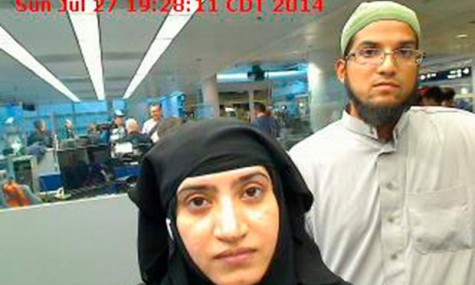
Despite my perpetual scorn for Trumpian theory, I can’t help but concede that Trump does have a point. This so-called “protection of privacy” has gone too far. Of course, I’m not saying that privacy doesn’t matter. However, when it comes to the security of our country, privacy, especially one of a murderer, should not be first on the list. There is a plethora of undeniable evidence that the San Bernardino gunman killed 14 people and injured 22, and the information on his phone could prove crucial to understanding the motives of those radicalized, so should his privacy still remain the priority when so many people’s lives are in danger?
I believe that the correct direction to go at this point should be to take additional measures to prevent circumvention or abuse by the FBI as opposed to blindly trying to “protect” everyone’s privacy. Put bluntly, privacy doesn’t matter if you’re dead as a result of a totally preventable act of terrorism.
Even more ridiculous is the irony of this entire dispute. Those very same companies who have expressed approval of Apple’s actions are the very same ones who agreed to plant surveillance devices in their software in order to sell their products in China. In fact, Google just began to work with the Chinese government once more, agreeing to install such censorship devices in their devices. (Time) The greatest pinnacle of hypocrisy so far seems to be the fact that Apple itself has unlocked phones for authorities 70 times since 2008, which Apple has not disputed. (The Guardian) In my opinion, this entire issue is really just a publicity stunt.
I don’t see any point in griping over “privacy” when our national security is being threatened. I don’t see any reason not to unlock that gunman’s phone when lives are at stake. Oh, and Apple? Stop making a mountain out of a molehill. Perhaps you would do better to focus on innovation rather than publicity through controversy.


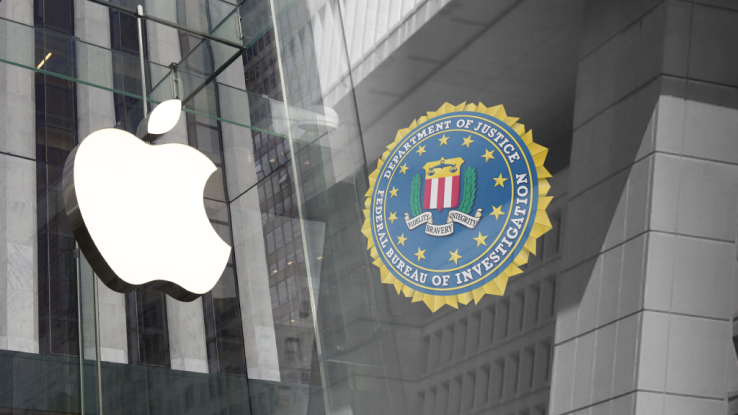
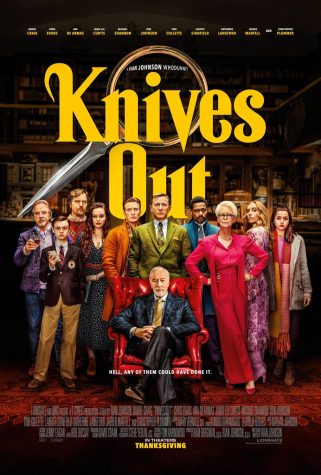
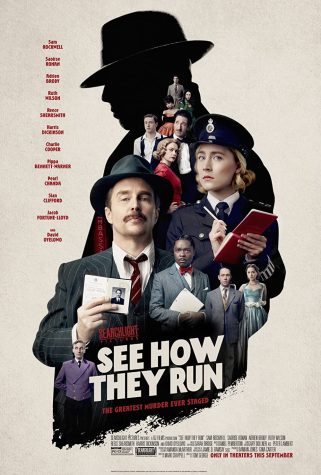
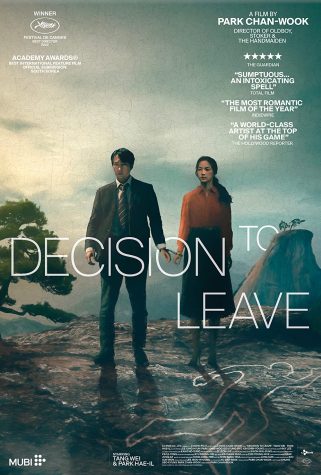



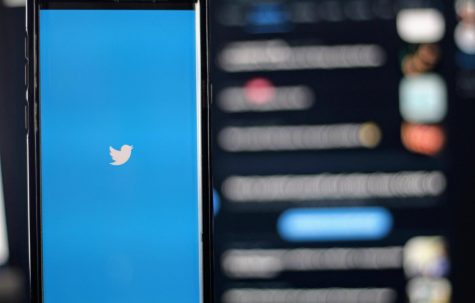


Crystal R. Sung • Apr 19, 2016 at 5:45 pm
People tell me they’ve tried to read this. Emphasis on tried.